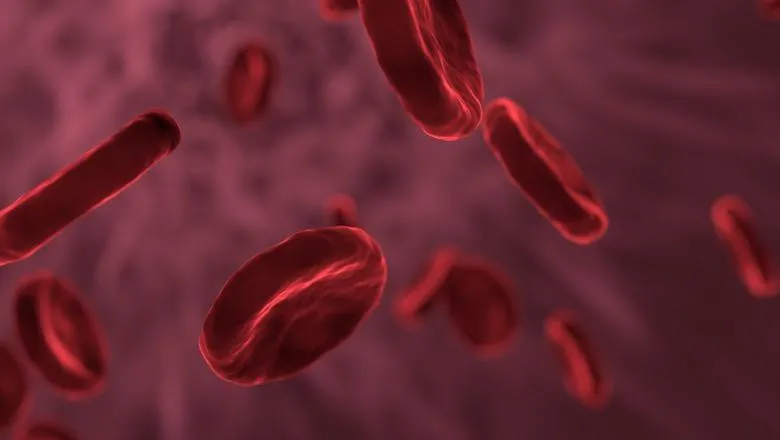
Biography
Anastasia is a Research Associate in Forensic Genetics specializing in DNA Intelligence. Her work focuses primarily on the development of epigenetics-based methods coupled with machine learning for the prediction of chronological age of donor from DNA samples recovered in forensic investigations. Additionally, she leads the development and application of next generation sequencing-based methods for ancestry and phenotype prediction at King's Forensics.
Research interests:
- Epigenetics of Ageing
- Ancestry & Phenotype prediction
- Applications of Next-Generation Sequencing
- Machine Learning & Predictive Modelling
Public Engagement:
Anastasia has been volunteering as a STEM Ambassador for STEM Learning UK since 2019. She is also a speaker for Soapbox Science and works with STEMettes and the WISE campaign, promoting women and girls in science. In 2019 she was voted the winner of the Big Data Zone in the 'I'm a scientist: Get me out of here!' outreach event that allows school students to engage with scientists through online chats. She has also been an event manager for Pint of Science UK since 2020.
Research

Age estimation from trace sources
This study is using epigenetic tools to provide an accurate estimation of chronological age from forensic trace material.
Project status: Ongoing
News
Blood spatters reveal a suspect's age through new technique
Researchers at King’s College London have discovered a new method of forensic analysis which could more accurately predict the age of criminal suspects based...

Research

Age estimation from trace sources
This study is using epigenetic tools to provide an accurate estimation of chronological age from forensic trace material.
Project status: Ongoing
News
Blood spatters reveal a suspect's age through new technique
Researchers at King’s College London have discovered a new method of forensic analysis which could more accurately predict the age of criminal suspects based...

